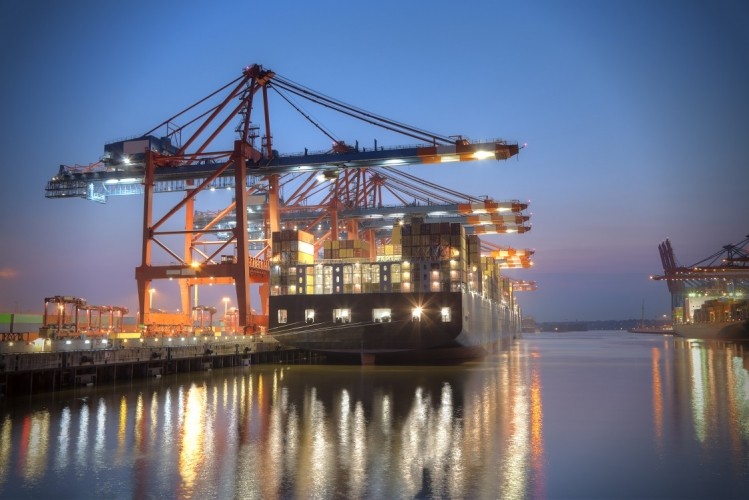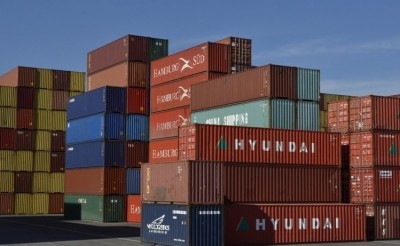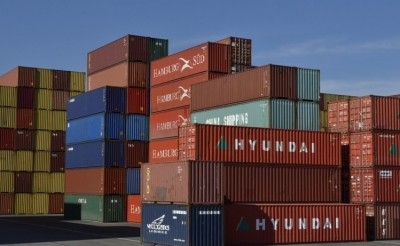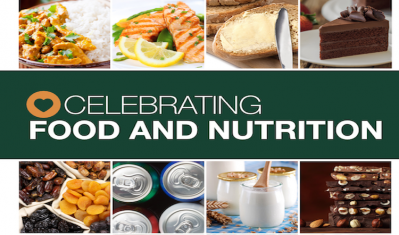Food and drink exports down £2.7bn in first nine months of 2021

That's according to figures from the Food and Drink Federation (FDF).
The trade body attributed the fall to new barriers to trade with the EU after Brexit and the continuing effects of the COVID-19 pandemic.
Exports to core markets including Germany (-44.5%), Italy (-43.3%) and Spain (-50.6%) had been particularly badly hit since 2019. UK exports to Ireland – the industry’s biggest overseas market – were down more than a quarter since 2019. This represented a loss of nearly £0.75bn in sales.
Whisky and salmon recover
However, global exports of whisky and salmon have started to recover, with sales of both products up 21% compared to 2020. All other major products, including beef (-18.4%), cheese (-13.2%) and pork (-5.7%) have continued to decline, with the exception of soft drinks which grew 11% from 2020.
More positive news can be seen in non-EU markets in the past year, with exports up 11%. That was fuelled by a return to strong growth in China (+22.1%), Taiwan (+21.8%), the United Arab Emirates (+18.3%), Japan (+10.6%) and Singapore (+5.4%).
Imports have been badly impacted since 2019, with sales from the EU down nearly 11% in the nine months to September compared to pre-COVID levels – a fall of more than £2.5bn. Imports from the Netherlands (-19%), Ireland (-20.1%) and Germany (-33.1%) were most severely hit over the past two years.
Delayed import controls
With the UK due to implement its delayed import controls on products arriving from the EU in 2022, this would further impact the cost and availability of supplies of food and drink from the EU, the FDF claimed. That would affect essential ingredients and raw materials required by UK manufacturers.
“It is extremely disappointing to see how badly our trade with the EU has been affected, with our smallest exporters hardest hit," said FDF head of international trade Dominic Goudie. "It is essential that the Government works constructively with the EU to improve the implementation of the Trade and Cooperation Agreement to ensure that it works for small businesses, otherwise this downturn will be here to stay.
“The UK Government’s recent announcement of plans to take forward the FDF’s proposals to set up a new Food and Drink Export Council and put in place new in-market support are welcome. It is vital that the UK Government and devolved nations continue to work with industry to put in place a new model of partnership to support food and drink exporters.
'Supply chains struggle'
"Food and drink, from farm-to-fork is uniquely placed to deliver on the Government's levelling up agenda, delivering jobs and growth in every part of the UK. However, our supply chains continue to struggle, particularly through a lack of available workers. Businesses want to help the Government realise its Global Britain ambitions, but they need Government to clear the obstacles and help them take advantage of new opportunities."
John Whitehead of the Food & Drink Exporters Association (FDEA), said: “The much-needed bounce back for salmon, whisky and soft drink exports is a real boost for the industry. It’s also encouraging to see meat sales to ASEAN [Association of South East Asian Nations] countries rising driven by an increasing demand for pork.
"Our in-market associates in both ASEAN and GCC [Gulf Cooperation Council] markets report that there is also strong demand for added value products from the UK. It is the SME producers of value-added products hit hard by both Brexit and the pandemic who continue to need support to take advantage of these opportunities.”















